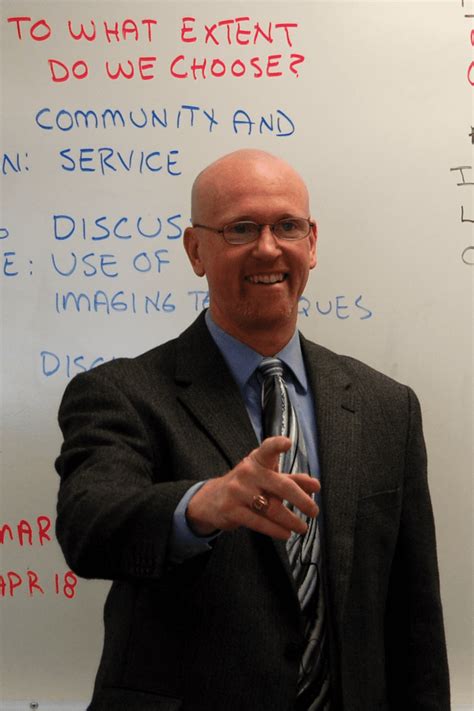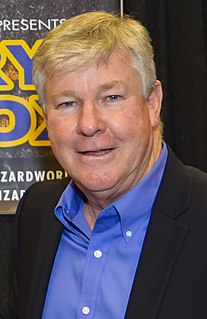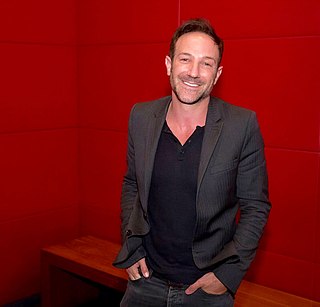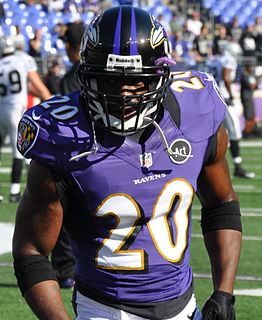A Quote by Tulsi Gabbard
I am a military police officer and I have served on two deployments my first was to Iraq, in a medical unit, and my second deployment was to Kuwait, as a military police platoon leader.
Related Quotes
The intellectual and moral failures common to America's general officer corps in Vietnam and Iraq constitute a crisis in American generalship. Any explanation that fixes culpability on individuals is insufficient. No one leader, civilian or military, caused failure in Vietnam or Iraq. Different military and civilian leaders in the two conflicts produced similar results. In both conflicts, the general officer corps designed to advise policymakers, prepare forces and conduct operations failed to perform its intended functions.
I have a former Baltimore City police officer's uniform and his robe and hood. He was the grand dragon, which means state leader. His day job, what paid his bills, he was a Baltimore City police officer, not an undercover officer in the Klan gathering intelligence, but a bona fide Klansmen on the Baltimore City police force.
Let's say you are driving in the U.K., and you are pulled over by the police for speeding, and you try to bribe the police officer with £300 to walk away. I guarantee you that at least 99 times out of 100 you are going end up in handcuffs, and you will be charged with the crime of trying to bribe a police officer.
Military technologies such as Drones, SWAT vehicles and machine-gun-equipped armored trucks once used exclusively in high-intensity war zones such as Iraq and Afghanistan are now being supplied to police departments across the nation and not surprisingly the increase in such weapons is matched by training local police in war zone tactics and strategies.
































